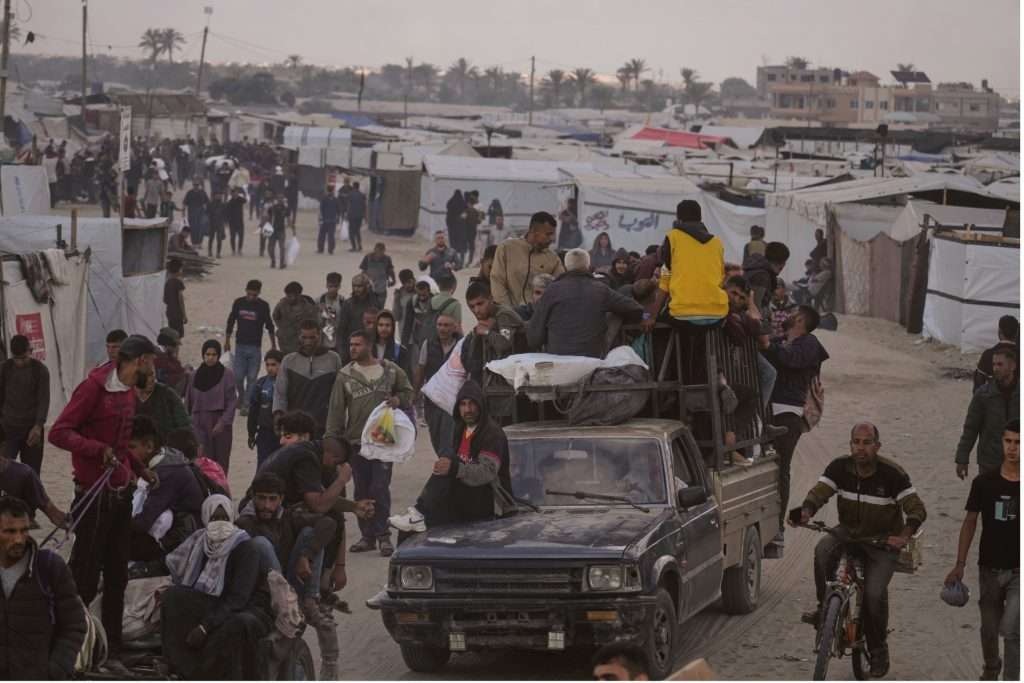Belgium weighs Gaza aid airdrops amid ‘shameful’ crisis

Belgium is weighing the option of using aircraft to deliver humanitarian aid into Gaza, according to The National, as Foreign Minister Maxime Prevot raised alarm on June 4th over the rapidly deteriorating conditions in the enclave.
Despite the lifting of an 11-week blockade by Israel last month, only limited aid has since entered Gaza through the United Nations and the newly established Gaza Humanitarian Foundation (GHF) – a controversial private initiative that has taken over much of the aid distribution in the war-ravaged territory.
GHF began operations last week to assist the enclave’s 2.3 million residents, many of whom are facing hunger and displacement. However, its bypassing of established humanitarian agencies has drawn sharp criticism from the UN and leading aid organisations, who argue it undermines humanitarian principles.
“We are trying to push, together with other European partners, to open a broader corridor for aid trucks coming from international donors through Israel to enter Palestinian territories,” said Mr Prevot, who also serves as Belgium’s Deputy Prime Minister.
“In parallel, we are studying whether it is possible and pertinent to drop additional aid by aeroplane. What we are seeing on the ground is shameful and we urgently need to improve the international community’s response.”
The GHF announced on 4th June it would temporarily suspend operations following three days of deadly violence near its distribution points. Despite the danger, many Palestinians have taken to sleeping near aid centres in hopes of securing food, even as gunfire has killed dozens in recent days.
On 3rd June, at least 27 Palestinians were killed and many more injured after Israeli forces opened fire near a food distribution centre in Rafah, according to Gaza’s health authorities.
The Israeli military claimed its troops fired only after a group of civilians veered off a designated access route and approached Israeli positions.
“Cutting off assistance on a voluntary basis to children, women and civilians and denying them access to water, food, health care and electricity is totally unacceptable,” Mr Prevot said. “It is clearly a violation of human rights.”
Israel’s actions in Gaza have drawn increasing condemnation from the international community, particularly the European Union, which has adopted a notably firmer tone in recent weeks. However, observers caution that the EU is unlikely to reach a consensus on punitive measures. Any foreign policy decisions require unanimous agreement from all 27 member states – a condition that has frequently resulted in diluted responses or diplomatic inertia.
Last month, the EU initiated a formal review to determine whether Israel remains in compliance with the human rights obligations outlined in its association agreement with the bloc – a move supported by 17 member states.
Mr Prevot confirmed that Belgium has called on its EU counterparts to expand existing sanctions – currently targeting violent Israeli settlers and certain Hamas figures – to also include political and military leaders from both sides. “This is currently under discussion and we hope it will be possible to reach a common decision among all EU member states,” he said.
The National/ Maghrebi.org
Want to chase the pulse of North Africa?
Subscribe to receive our FREE weekly PDF magazine












